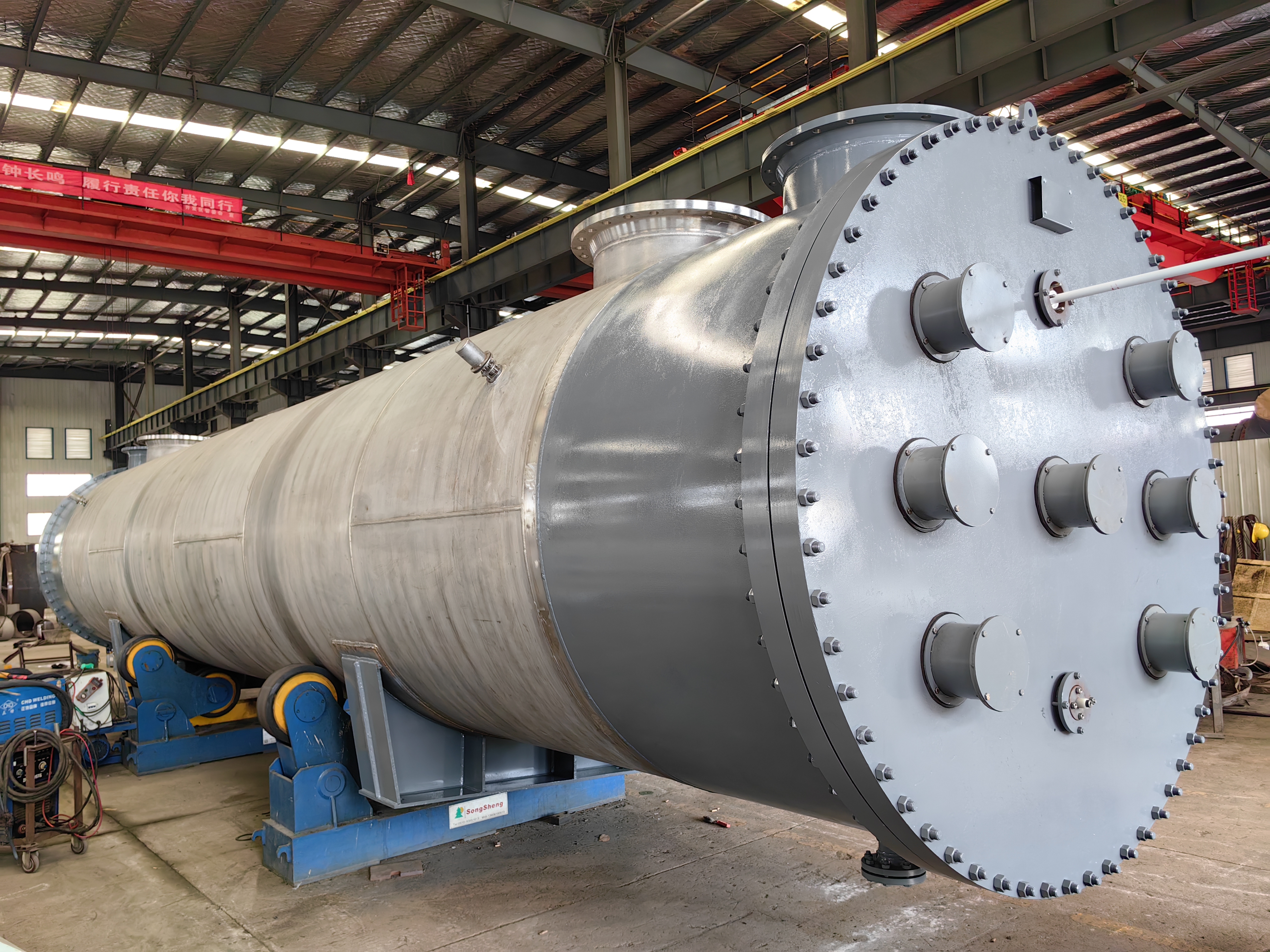Views: 0 Author: Site Editor Publish Time: 2023-12-14 Origin: Site









Anodic Protection and Sulfuric Acid Coolers: 2023 Industry Analysis
I. Introduction
The use of anodic protection in conjunction with sulfuric acid coolers is a widely adopted technique in various industrial applications. Anodic protection, also known as impressed current protection, is a means of protecting metal surfaces from corrosion by applying a potential to the metal surface, causing it to become the anodic of an electrochemical cell1. Sulfuric acid coolers, on the other hand, are cooling devices that use sulfuric acid as a cooling medium, essential in industries such as mining, smelting, and battery production2]. This report provides a comprehensive analysis of the current state and future prospects of the industry of anodic protection and sulfuric acid coolers in 2023.
II. Market Size and Growth
The global market for anodic protection and sulfuric acid coolers has grown significantly in recent years, primarily due to increasing demand from the mining and smelting industries. The market size is expected to cross $1 billion by 2023, growing at a compound annual growth rate (CAGR) of over 8% from 2018 to 2023. The market is expected to witness further growth in the coming years, driven by increasing demand for metals and alloys worldwide3].
III. Market Segmentation
The market for anodic protection and sulfuric acid coolers is segmented based on application, product type, and region. On the basis of application, the market is primarily divided into mining, smelting, and other industrial applications [Figure 1]. The mining and smelting segments account for the majority of the market share4].
IV. Regional Analysis
The market for anodic protection and sulfuric acid coolers is dominated by Asia-Pacific, followed by North America and Europe [Figure 2]. The reason for the dominance of Asia-Pacific is its thriving mining and smelting industry5]. China, in particular, accounts for a significant share of the regional market6].
V. Competitive Landscape
The global market for anodic protection and sulfuric acid coolers is highly competitive, with a large number of players operating in the market7]. Some of the key players include Amec Foster Wheeler, Voestalpine Metals International, PPG Industries, and others8]. These companies offer a wide range of anodic protection systems and sulfuric acid coolers for various industrial applications9].
VI. Market Challenges
One of the primary challenges in the market for anodic protection and sulfuric acid coolers is the high cost of installation and maintenance10]. The equipment required for this type of protection are expensive, and the process of installation and regular maintenance can be cumbersome11]. Additionally, concerns related to environmental regulations and the safety of sulfuric acid coolants can pose a challenge to market growth12].
VII. Market Trends
One of the significant trends in the market for anodic protection and sulfuric acid coolers is the development of more efficient and environmentally friendly technologies13]. There has been a push from governments and environmental organizations to reduce the impact of industrial processes on the environment, leading to increased research and development activities aimed at developing sustainable technologies14]. Another trend worth noticing is the move towards remote monitoring and automation in industrial processes15]. This trend has gained popularity due to its ability to reduce human intervention, improve efficiency, and reduce maintenance costs16].
VIII. Conclusion
The market for anodic protection and sulfuric acid coolers is expected to continue growing at a significant rate in the coming years due to increasing demand from the mining and smelting industries. Asia-Pacific remains the dominant region for this market, followed by North America and Europe. The key players operating in this market include Amec Foster Wheeler, Voestalpine Metals International, PPG Industries, and others. The market is expected to witness further innovation and technological advancements in the coming years, driven by increasing concerns related to environmental regulations and the need for efficiency.
